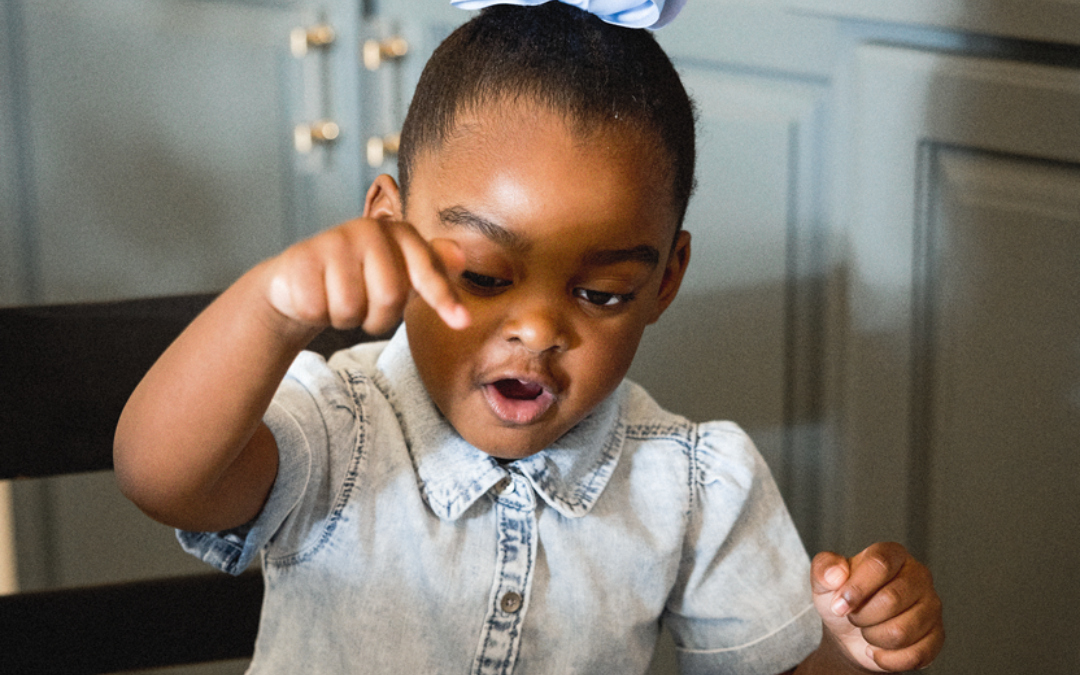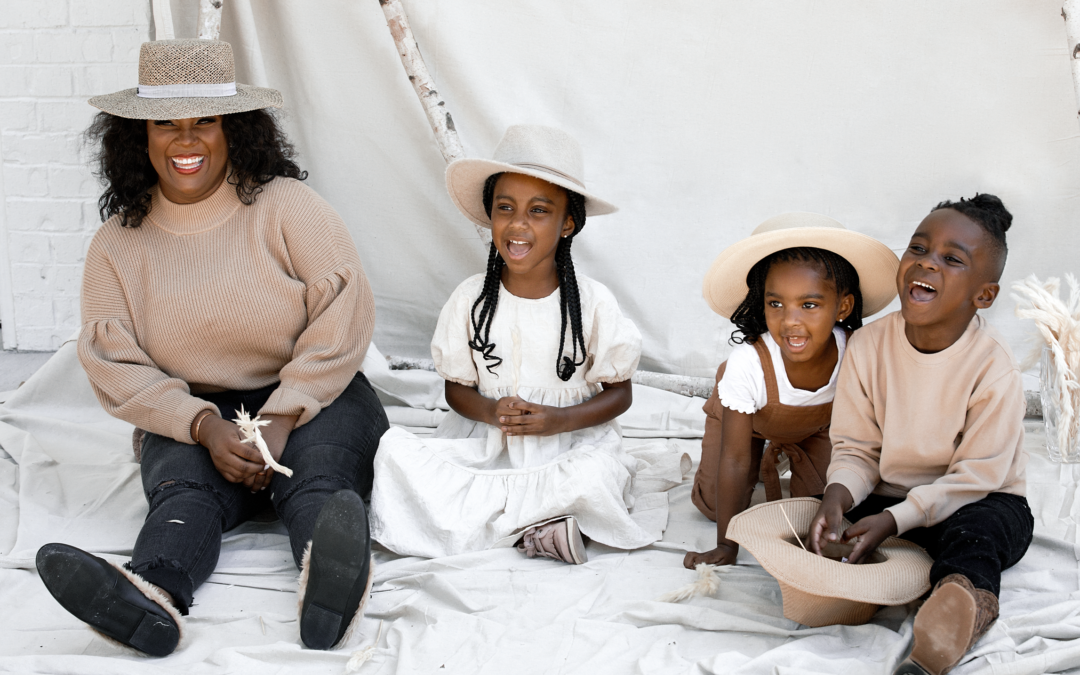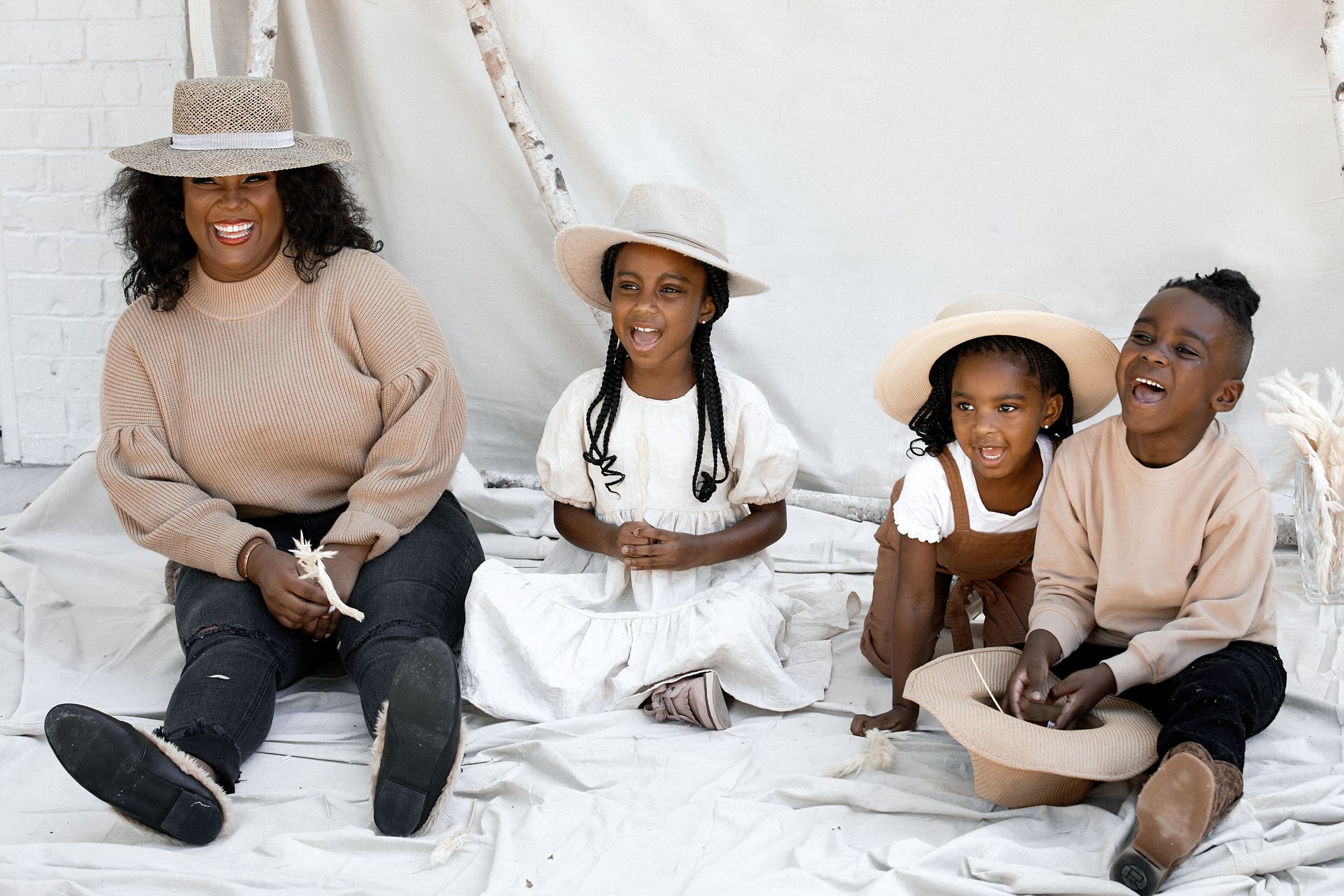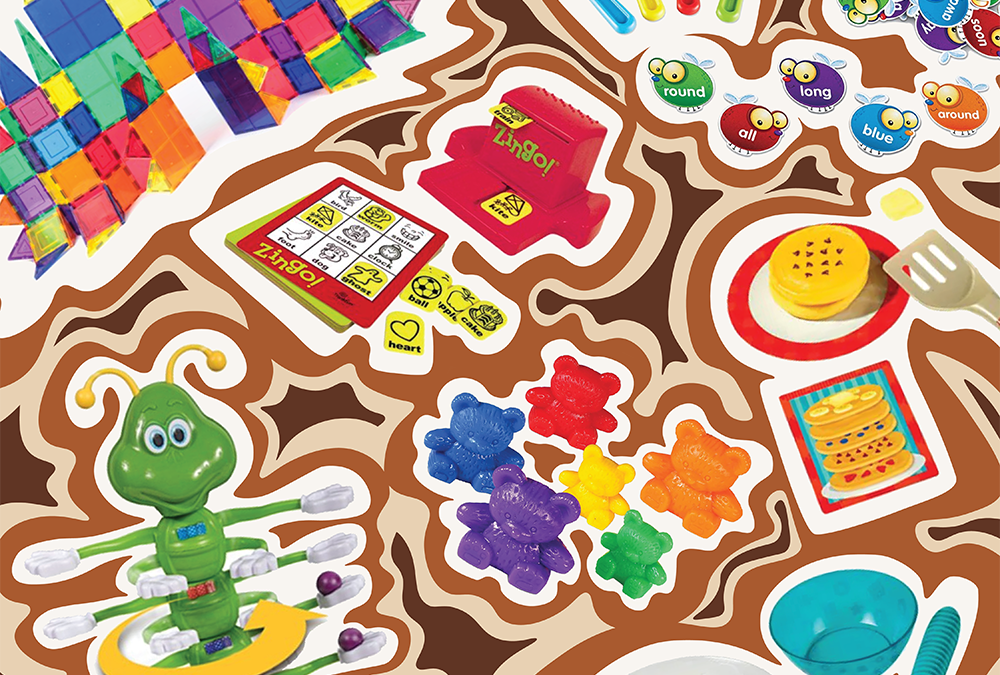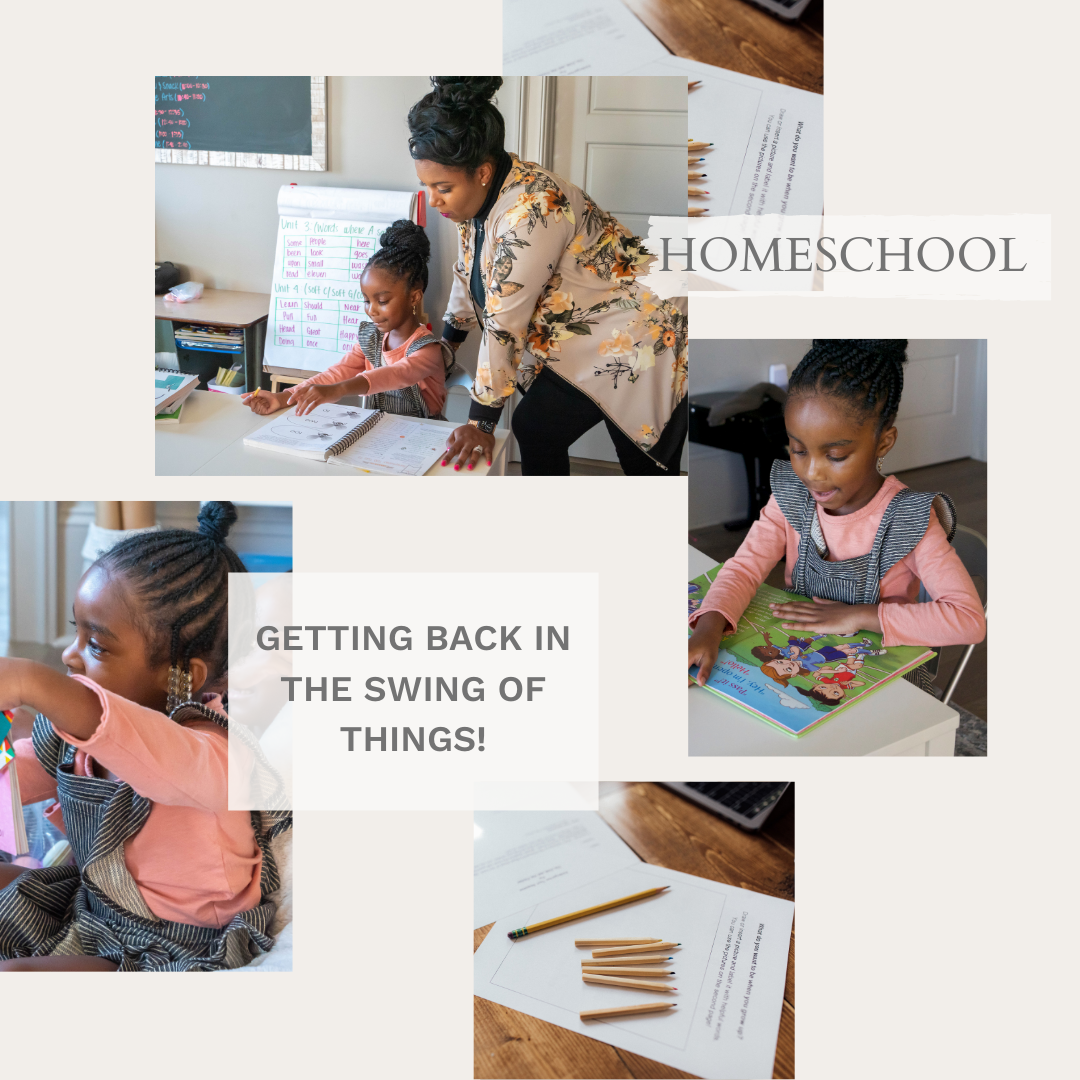
Homeschool: Top 4 Juneteenth Books for Kids
It’s hard to describe how surreal it feels to birth children, raise them, and watch them learn to read. As they comb through books, I watch their brains work to picture scenes, learn new ideas, and discover more about themselves and the world around them. Reading to my children is one of my favorite activities–especially when I can see the immediate impact it has on them.
Juneteenth National Independence Day is a celebration that marks the end of chattel slavery in the United States. Every year, people across the country commemorate the end of slavery by celebrating the Black community’s freedom on this momentous day. It is a day full of singing, soul foods, festivals, historical reenactments, and family reunions. Most notably for me, Juneteenth is a day on which I ensure my children understand their heritage and feel pride as Black youth.
This Juneteenth, I curated a selection of books every child should read. Each title is informative, uplifting, and resonant. Whether you’re introducing them to the meaning behind Juneteenth or looking for a way to expand their knowledge of the holiday, these books are an excellent way to get kids involved!
1. What is Juneteenth by Kirsti Jewel
The Who HQ book series is an established collection of titles that focuses on educating kids about historical people, places, and events. I highly recommend Who HQ because, no matter your child’s interests, this collection has a book for them! What is Juneteenth by Kirsti Jewel is extremely informative yet interesting for kids.
History is best received in the form of a story, and that’s what I love about these books. Who HQ covers a diverse range of topics with colorful illustrations and facts threaded throughout the stories. What is Juneteenth reflects on the day enslaved people discovered they were free way back on June 19th, 1865, but it also chronicles that fateful day’s transformation into the Juneteenth we know today. It is a wonderfully educational book for young readers!
2. The Juneteenth Story by Allah Agostini
As this book shares, the first Juneteenth was known as “Jubilee Day,” which I love to share with kids. Inevitably, they ask what jubilee means. As The Juneteenth Story by Allah Agostini exemplifies, jubilee is defined as a special anniversary of an event worthy of celebration. It follows a modern Black family as they teach the history of the holiday to their child.
If you’re looking for the perfect introductory book to Juneteenth, look no further. Between its colorful illustrations and helpful timeline of key historical events related to this holiday, The Juneteenth Story is an excellent way to enlighten your children and provide them with the means to celebrate!
3. Juneteenth Is by Natasha Triplett
The context surrounding Juneteenth can be a heavy topic for anyone, especially children. What I love about Juneteenth Is by Natasha Triplett is its warmth and fun. This book opens with local celebrations–such as community parades and family barbeques–that take place every year on June 19th. It follows a child as she moves from one celebration to another before settling at her Grandaddy’s table to hear about the historical events leading to the creation and recognition of Juneteenth.
I love the versatility and inclusive nature of this book. We watch the main little girl’s eyes light up as she takes part in celebrations with folks of all shades, then the author utilizes the joy from these fun activities to frame Grandaddy’s later conversations about Black history with care and love. There is room for both commemoration and solemnity in Juneteenth Is.
4. The History of Juneteenth by Alisha Norwood
If your child is drawn in by cozy, bright, evocative illustrations, Sawyer Cloud’s work in The History of Juneteenth by Alisha Norwood speaks volumes about the importance of Juneteenth! By recounting key historical events in a visual timeline, gently quizzing readers, and detailing forgotten nuances of Black history in America, this book has it all.
As our nation continues to grow and evolve, it is crucial that future generations never forget our history. Juneteenth deserves widespread recognition and observation. Books like The History of Juneteenth are key to keeping our population informed, compassionate, and mindful as we write the next generation’s future!

